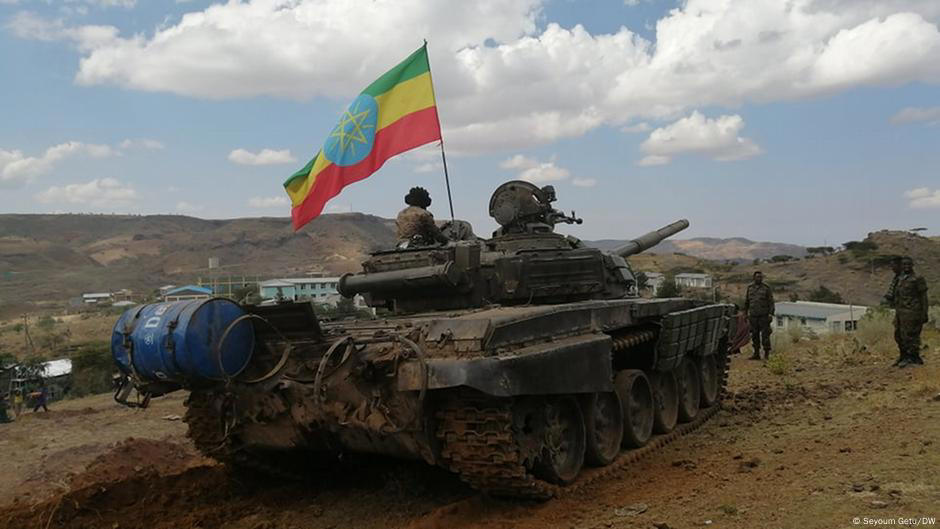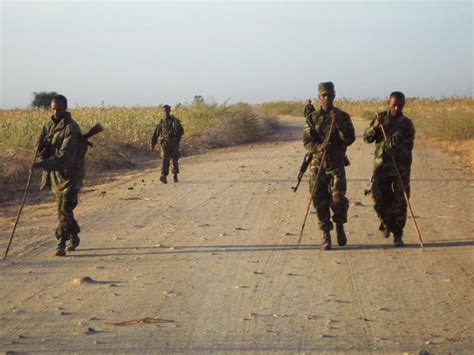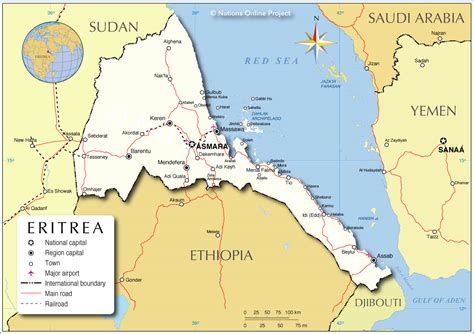
Ethiopia-Eritrea Tensions: The Risk of War Over a Seaport
The Shadow of War Returns to the Horn of Africa
Along the volatile Ethiopia-Eritrea border, residents live with a haunting sense of déjà vu. After decades of conflict, fragile peace, and a brief alliance against the TPLF, the two nations are once again on the brink. The catalyst: Ethiopia's "irreversible demand" for a seaport, raising fears of military action against its smaller neighbor's Red Sea coastline. As international observers warn of "high" conflict risk, the Horn of Africa braces for potential war.
A Fractured Alliance and the Tigray War Legacy
The current tensions trace their roots to Ethiopia's brutal Tigray War (2020-2022), where Prime Minister Abiy Ahmed initially reconciled with Eritrea against the TPLF. This alliance, celebrated with a Nobel Peace Prize in 2019, imploded after the war. Ethiopia accuses Eritrea of supporting a breakaway TPLF faction, while Asmara dismisses claims as a "false charade." The 2022 Pretoria Peace Agreement excluded Eritrea, creating new fault lines in the region.
The Seaport Imperative: Ethiopia's Coastal Ambition
At the heart of the crisis lies Ethiopia's status as the world's most populous landlocked nation. With 120 million people, Ethiopia pays $1.5-2 billion annually to use Djibouti's ports. Prime Minister Abiy now demands direct access to the sea, eyeing Eritrea's port of Assab—just 75km from the border. In October 2025, Ethiopian military and intelligence officials visited the strategic border town of Bure, reigniting fears of imminent aggression. "Ethiopia will not remain landlocked," Abiy declared to parliament, though he insisted war isn't his intent.

Expert Analysis: High Risk, Limited Capacity
"The risk of conflict remains quite high," warns Michael Woldemariam (University of Maryland), noting explicit government tensions. Yet Ethiopia's military is severely overstretched, fighting insurgencies across Amhara and other regions. "Their army isn't positioned to capture Assab," argues Horn of Africa expert Abdurahman Sayed. Former UN diplomat Bayisa Wak-Woya agrees, citing international law prohibitions against secessionist seizures. "An outright war is unlikely at this stage," he adds.
Regional Chess Game: Egypt and Beyond
Eritrea's President Isaias Afwerki has already sought support from Egypt—a key adversary over the Nile's GERD dam. For Egypt, Red Sea stability is critical; Houthi attacks previously slashed Suez Canal revenues by 40%. Ethiopia's outreach to the US, Russia, China, and AU reflects diplomatic efforts, though observers note the Trump administration's "unpredictability." The African Union's credibility is also questioned after Ethiopia's 2024 Somaliland deal violated AU sovereignty principles.
The 2026 Election Factor
With Ethiopia's elections looming, analysts suggest Abiy's hardline stance may bolster nationalist credentials. Yet internal conflicts and external distractions threaten his administration. The seaport demand could serve as a rallying cry, but miscalculations could ignite catastrophe. As border communities brace for escalation, the world watches whether diplomacy can defuse the tinderbox.

Conclusion: An Uncertain Future
As Ethiopia reiterates its coastal demands and Eritrea mobilizes defenses, the Horn of Africa balances on a knife's edge. While full-scale war may be logistically challenging for now, the rhetoric and troop movements signal a dangerous new chapter. The international community faces a critical test: can it prevent history from repeating itself, or will the quest for a seaport redraw the map through bloodshed?
Share this article
Alex Green
Lifestyle blogger covering modern living, personal growth, and cultural trends.